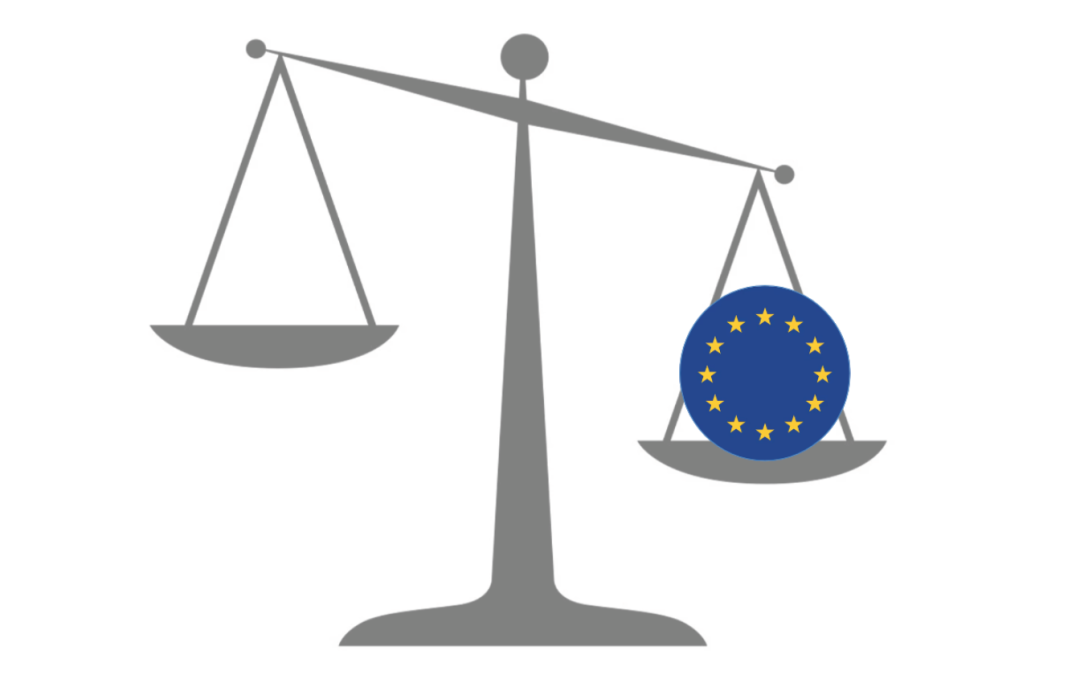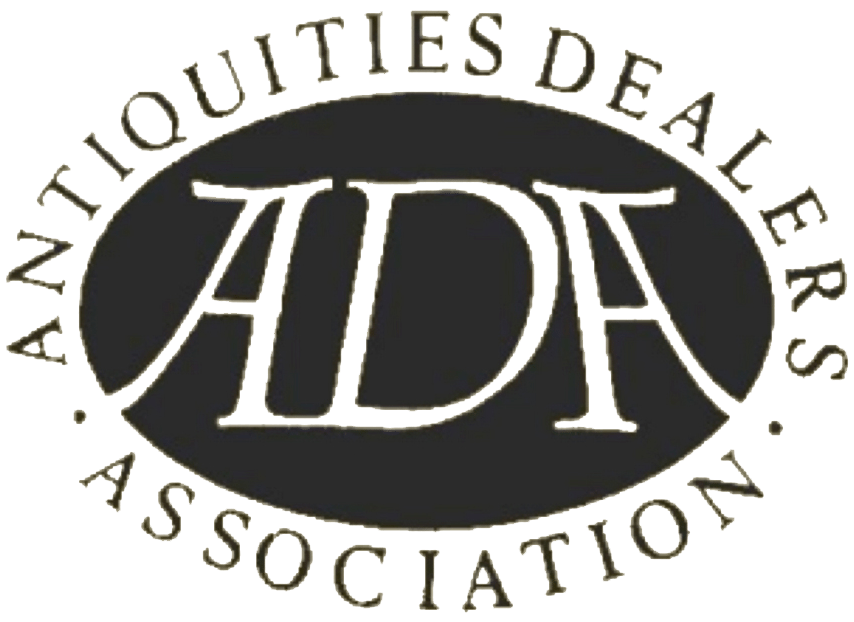
The EU’s new art market clampdown is neither just nor proportionate – if only we could sue
Supranational authority’s failure to join the European Convention of Human Rights – despite promising to 15 years ago – protects it from legal action by citizens unfairly suffering under import licensing law
Although every member state is a signatory to the European Convention on Human Rights, the European Union itself is not.
It committed to joining as long ago as 2010, but concerns arose that submitting itself to the ECHR might cause conflicts between the European Court of Justice and the European Court of Human Rights. Joining the ECHR would also lead to fundamental changes to EU powers.
Essentially, as an autonomous body, the EU would be ceding sovereignty to the ECHR, allowing individuals to challenge it legally over human rights in a way that they cannot do now.
While the EU remains committed to joining, 15 years after saying it would, the debate over resolving these conflicts continues.
This is important for those subjected to the EU import licensing regulation for Cultural Goods (2019/880), which comes into full force on June 28.
The fundamental driver for the legislation was the requirement to prevent illicit cultural goods that might have funded terrorism from entering the EU.
Finding evidence of this threat was essential to justifying the regulation under the terms of the European Commission President’s guiding principles for making policy. They stipulated that regulation had to be “targeted, easy to comply with and does not add unnecessary regulatory burdens… we must send a clear signal to citizens that our policies and proposals deliver and make life easier for people and for businesses.”
Ursula von der Leyen also ordered her commissioners to operate a policy of one-in-one-out so that “every legislative proposal creating new burdens” would “relieve people and businesses of an equivalent existing burden at EU level in the same policy area”.
“Proposals must be evidence based, widely consulted upon and subject to an impact assessment reviewed by the independent Regulatory Scrutiny Board. You will ensure that they respect the principles of proportionality and subsidiarity and show the clear benefit of European action.”
So, what happened here?
– No one-in-one-out. In fact, with additional anti-money laundering legislation, it has been at least two in and none out.
– No evidence of terrorism financing could be found, according to the two official reports (Deloitte and Ecorys) ordered by the European Commission.
– Data published by the European Commission to justify the regulation turned out to be wrong.
– The European Parliament concluded that the Impact Assessment conducted to see how the regulation would hit home lacked “sufficient and reliable background evidence” and “robustness and depth” in its analysis, and it dismissed it as “not always entirely convincing”.
– The Regulatory Scrutiny Board was highly critical of the regulation even as it passed it on the second review. Its recommendations were not followed up.
– Few dispute that the regulation will make life for citizens and businesses considerably harder.
Protocol 1. Article 1 of the European Convention on Human Rights (ECHR) protects the right to peaceful enjoyment of possessions, meaning everyone is entitled to own property and have it protected. This right isn’t absolute; it can be limited in certain situations, but any interference must be lawful, serve a legitimate public interest, and be proportionate.
Likewise, Article 17.2 of the Universal Declaration of Human Rights (UDHR) states that “No one shall be arbitrarily deprived of his property”.
So, the ECHR recognises that such interference must be legitimately in the public interest and proportionate. The UDHR says interference must not be arbitrary. ‘Arbitrary’ here means without justification or in a way that is not proportionate.
Now, as the law was introduced to counter the threat of terrorism financing AND no evidence of such terrorism financing was found after extensive official and expert investigation, the measures brought in seem wildly disproportionate.
They:
– Do not make the lives citizens or businesses easier
– Do not honour the one-in-one-out principle
– Arguably breach human rights conventions to which all member states are signatories because they appear to be neither justified nor proportionate, and so could reasonably be termed arbitrary in their interference.
In addition, while they deprive ordinary citizens of fundamental human rights and blight honest business, they are unlikely to have any serious impact on crime, because this crime has not been identified as taking place in the EU, and criminals tend to smuggle illicit material, not submit it to customs. On top of that, other financial crimes such as fraud and money laundering are already addressed through alternative existing legislation.
The next few months will reveal just how damaging the new regulation is. Let’s just hope that dealers, auction houses, collectors and ordinary EU citizens can stay the course while this highly inadvisable experiment continues.

Recent Comments